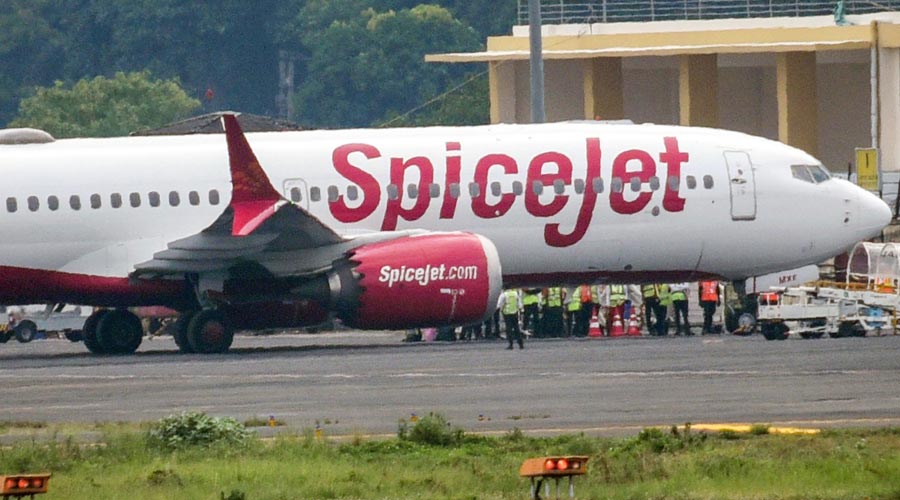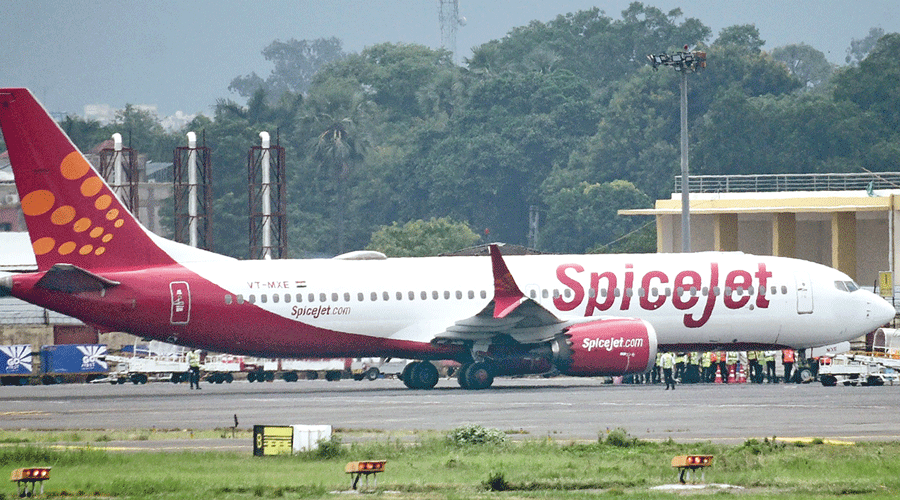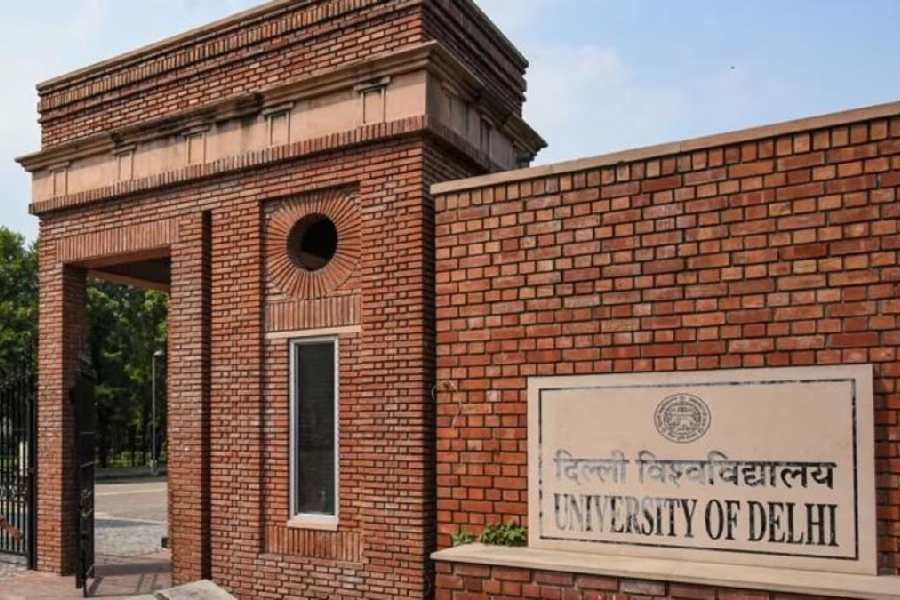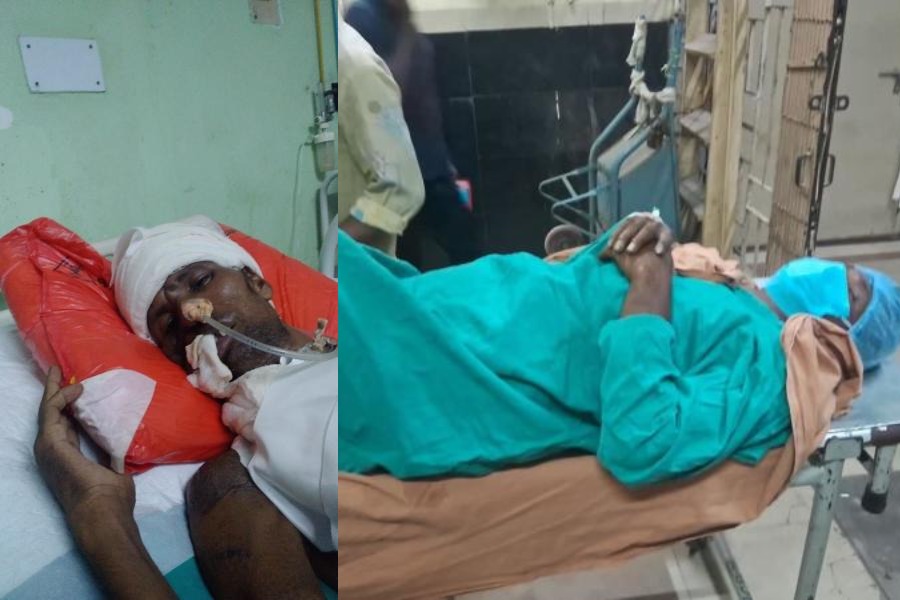Aviation regulator DGCA on Monday directed embattled SpiceJet to carry out analysis of engine oil samples from its Q400 fleet and other inspections, days after one of its planes made an emergency landing at Hyderabad airport due to smoke in the cabin.
The Directorate General of Civil Aviation (DGCA) has also asked the carrier to conduct an inspection of the bleed-off valve screen and housing for evidence of oil witness.
Boroscopic inspection of all operational engines of all Q400 engines within one week, immediate inspection of Magnetic Chip Detectors (MCD), drawing of engine oil samples every 15 days for analysis and inspection of bleed-off valve screen and housing for evidence of oil wetness in weekly check, are among the other directions.
The airline has a fleet of 14 operational Q400 planes and they have 28 PW 150A engines.
The latest directions also come at a time when SpiceJet is already under the enhanced surveillance of DGCA. Following a spate of incidents involving the airline's planes, the regulator, on July 27, capped the maximum flights that can be operated by it to 50 per cent. Last month, the curbs were extended till October 29.
"DGCA is keeping a close watch on the situation and shall take all appropriate action to avert any untoward incident," it said in a statement on Monday.
On October 12, a SpiceJet plane coming from Goa made an emergency landing at Hyderabad airport following the incident of smoke in the cabin.
The regulator has asked the airline to take the engine oil samples and sent them to Pratt & Whitney Canada for PW150A oil analysis technology. This is to ascertain whether there is the "presence of metal and carbon seal particles".
Besides, the carrier has to carry out inspection of bleed-off valve screen and housing for evidence of oil wetness.
DGCA said that apart from the Hyderabad incident, there was also a similar incident in the recent past involving the PWC 150A engine, which had also shop visited Standard Aero-Singapore for overhaul.
Against this backdrop, SpiceJet has been directed that "no engine shall be sent to Standard Aero-Singapore till the investigation is completed," the statement said.
After examining the matter in detail, the DGCA has called for various additional measures.
One-time boroscopic inspection of all operational engines should be done within one week. Also, the boroscopic inspection of three engines that were received from Standard Aero should be completed "by tonight", the statement noted.
Another direction is that engine oil samples to be periodically drawn every 15 days instead of the current 30 days. They have to be sent to Pratt & Whitney Canada for PW150A oil analysis technology to ascertain whether there is the presence of metal and carbon seal particles.
The regulator has also directed the airline to introduce an inspection of bleed-off valve screen and housing for evidence of oil wetness during every weekly check.
There should also be an "immediate inspection of Magnetic Chip Detectors (MCD) for the presence of any metal particles on reporting of fault 938 in the central display system which otherwise is a class 2 fault and calls for inspection within the next 65 flight hours," the statement said.
In case of detection of any metal particles, boroscopic inspection of the engine shall be carried out prior to the release of the aircraft, it added.
There were 86 passengers onboard the Q400 plane that made the emergency landing at Hyderabad airport on October 12. All the passengers were evacuated safely.
In recent months, the airline has been grappling with operational and financial headwinds.












